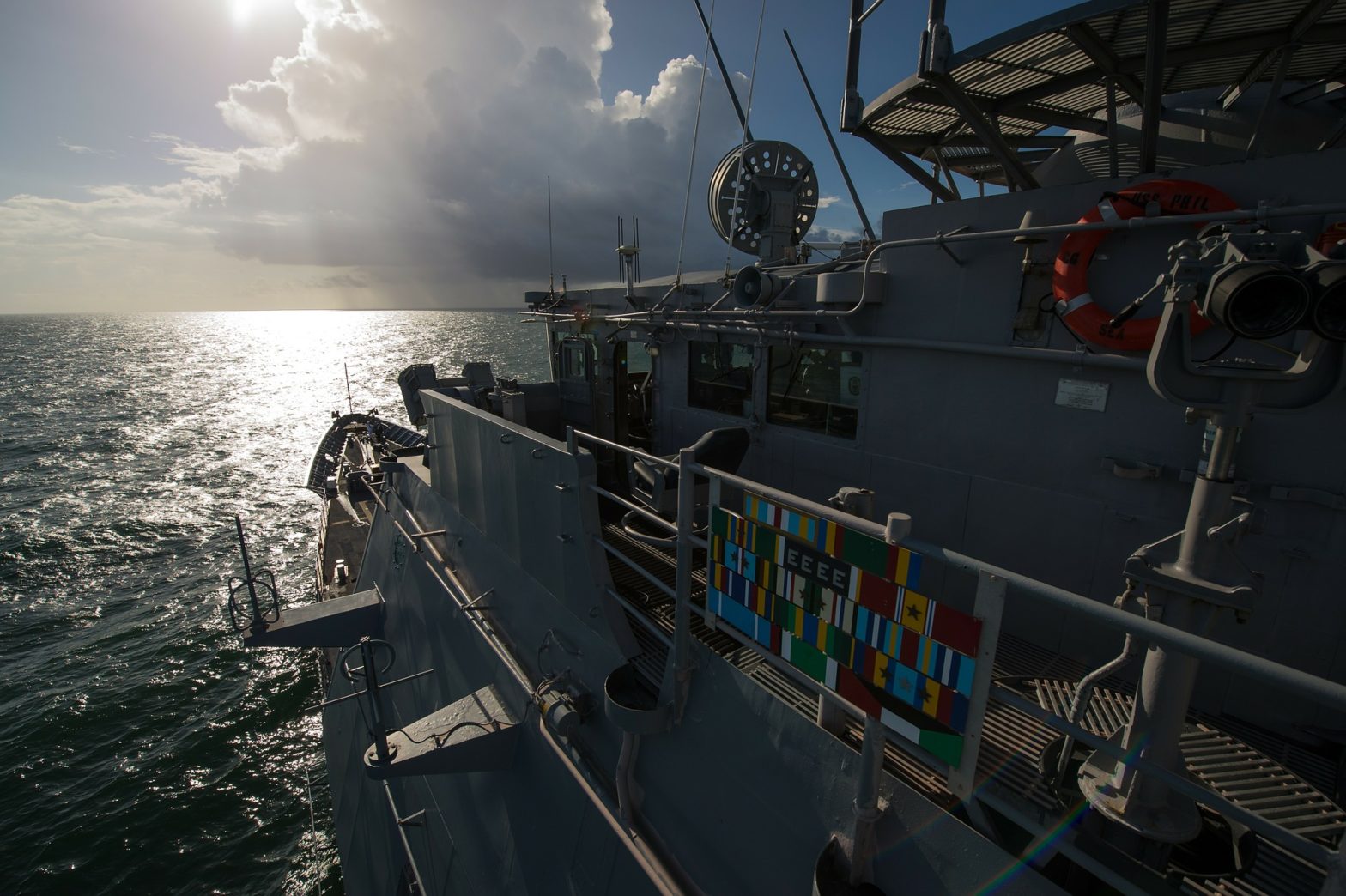The Chinese Coast Guard law was passed on 22 January and came into force this month. It was indeed a quick move from Beijing of consolidating its jurisdiction in maritime security. The new law confirms law enforcement power and responsibility of the China Coast Guard (CCG). What has made this law so controversial is about CCG’s increased operations in disputed maritime zone in the East and South China Seas in recent years. This is also the main reason why Southeast Asian countries have responded negatively towards the new law.
A process of administrative reform
The introduction of the coast guard law is not so surprising. China has been committed to a series of administrative reform in maritime governance for nearly a decade. In 2013, the CCG was formed under the State Oceanic Administration (SOA) to centralise regulatory power and resources for executing maritime policies. This includes fisheries, smuggling, search and rescue, and ship inspection, which used to distributed among five departments.
The 2013 reform was unsuccessful as responsibilities among different law enforcement division was unclear. Domestic players did call for a maritime law from the central government to clarify the jurisdiction. This objective appeared in the 13th Five-Year Plan as part of China’s construction of sea power. In 2017 during my field trip in Beijing, an insider told me that the maritime law had been drafted and submitted to the Central Committee. However, it has not been released after 3 years.
Rather, the State Council imposed the second structural reform in 2018. It dissolved the SOA and placed the CCG under the supervision of the Armed Police. This policy regarded as a signal of the split between maritime policy planning and law enforcement. The former is more related to internal maritime affairs that are less sensitive, while the latter deals with operations especially on safeguarding maritime rights and interests. In fact, by transferring to the Armed Police, the CCG is able to conduct operations beyond policing and patrolling. In other words, it is a coercive force equipped with para-military capability.
The new coast guard law has confirmed this role. It clarifies what the CCG does, its objectives, its structures, law enforcement power, and its use of force. Believes to be somewhat part of the drafted maritime law , the law should be released during the structural reform. Therefore, there is a slight delay of the law being released. Though it still aligns with Beijing’s overall objective of reforming maritime governance.
Violation of international practice?
The Chinese government and experts suggest that the coast guard law is just a part of domestic policies. It does not violate any international laws. By far, there is no international compliance of the use of coast guards but only the navy. This is because coast guards have been acquired to the role of policing traditionally. It does not have the capacity for combatting, but more to maintain good use of the sea within territorial waters. Therefore, it does not require to set up a standard of how coast guards should operate among countries, since it is only an internal affairs.
What makes China’s use of coast guard controversial is that it operates in disputed waters. In other words, whether the CCG is maintaining good use of the sea within China’s territory can be debatable. To some extent, the UNCLOS in 1982 expanded the definition of maritime space. States have to administrate territorial waters, EEZs, and continental shelves. However, how to manage disputed maritime space has never reached into an agreement. The UN tends to rely on states to negotiate and come to an agreement.
The more concerning factor has been the CCG’s para-military capability. Since the late 2000s, the CCG has received few retired naval vessels from the military and has transformed them into patrolling ships. Indeed, there is no international standard for the limit of coast guards. However, such increased capability has overpowered other coast guards in the region, while it would be illegitimate for other countries to pursue naval forces to go against coast guard’s activities. Hence, the coast guard law is rather concern of the balance of power in the Asia-Pacific than a legal issue. The Chinese government has not addressed the major concern from other countries regarding its use of coast guard.
Muddling role of coast guards
China’s gradual use of coast guard to safeguard its maritime rights and interests is not a new story. Beijing has been doing so since 1995 during the Mischief Reef incident. The new coast guard law continues to show that Beijing understands its coast guard capacity would be an advantage for its sea power. As a response, other countries may develop its coast guards to counter China’s creeping assertiveness. This trend will muddle the role between coast guards and navies, which will be a new area of study in maritime security.

